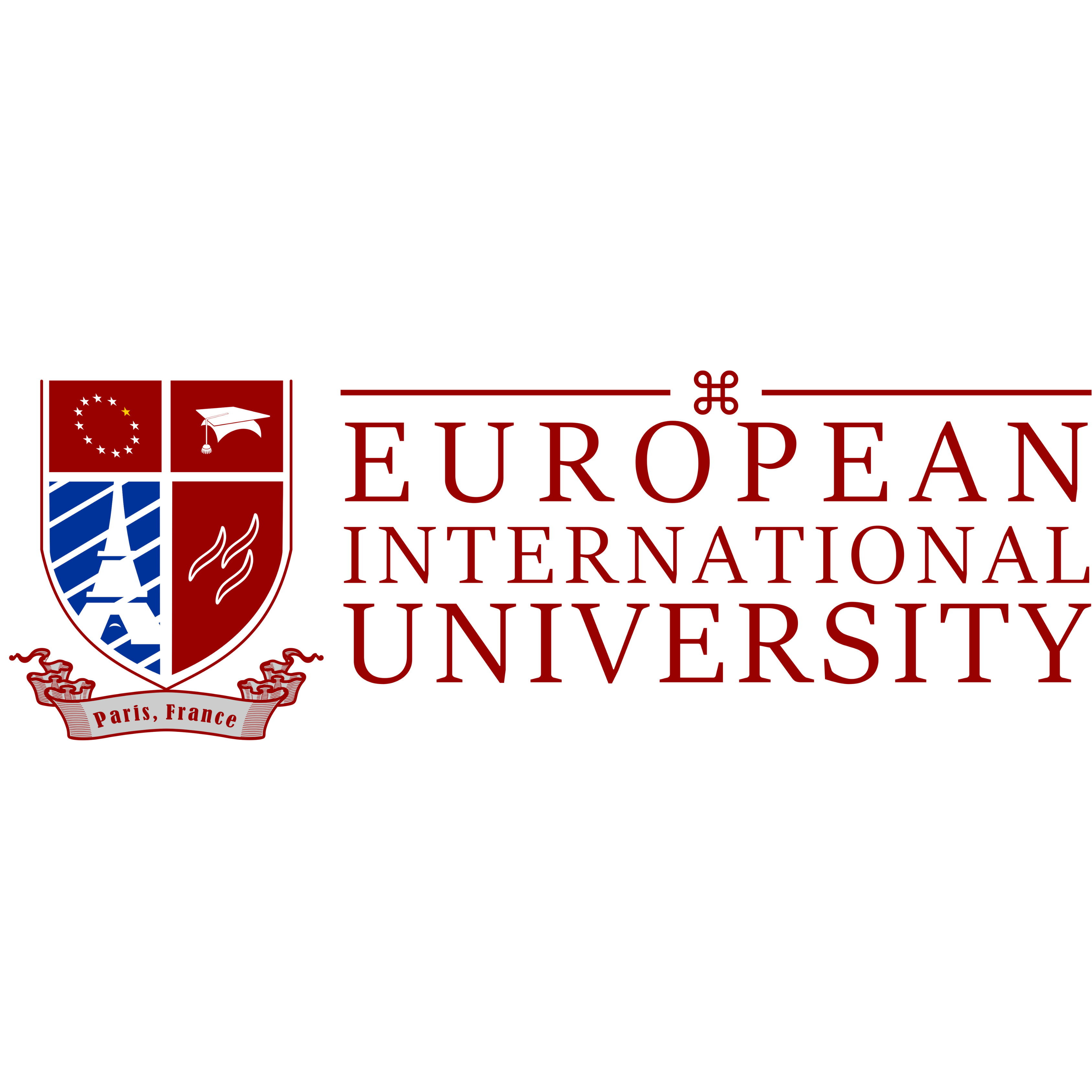
A Doctor in Information Technology is the highest academic qualification in the IT domain, designed for professionals and researchers aiming to master advanced computing technologies and lead digital innovation. This doctoral program combines rigorous research with practical problem-solving in areas such as software development, cybersecurity, artificial intelligence, data analytics, and cloud computing.
Throughout the program, candidates investigate complex issues in IT infrastructure, emerging technologies, systems integration, and digital transformation. They are encouraged to develop original research that contributes to technological progress and addresses real-world challenges faced by industries, governments, and society at large.
The program fosters critical thinking, innovation, and leadership skills essential for shaping the future of the digital landscape. Whether enhancing cybersecurity frameworks, improving decision-making systems using AI, or designing scalable IT architectures, doctoral graduates play a crucial role in transforming organizations and institutions through technology.
Career opportunities for Doctor in Information Technology holders include senior roles such as Chief Information Officer (CIO), IT consultant, systems architect, academic researcher, and university professor. Their deep technical knowledge and strategic insight allow them to influence IT policy, guide research and development, and mentor the next generation of tech professionals.
Ultimately, the Doctorate in Information Technology empowers individuals to be pioneers in a world where digital solutions are central to progress and sustainability.